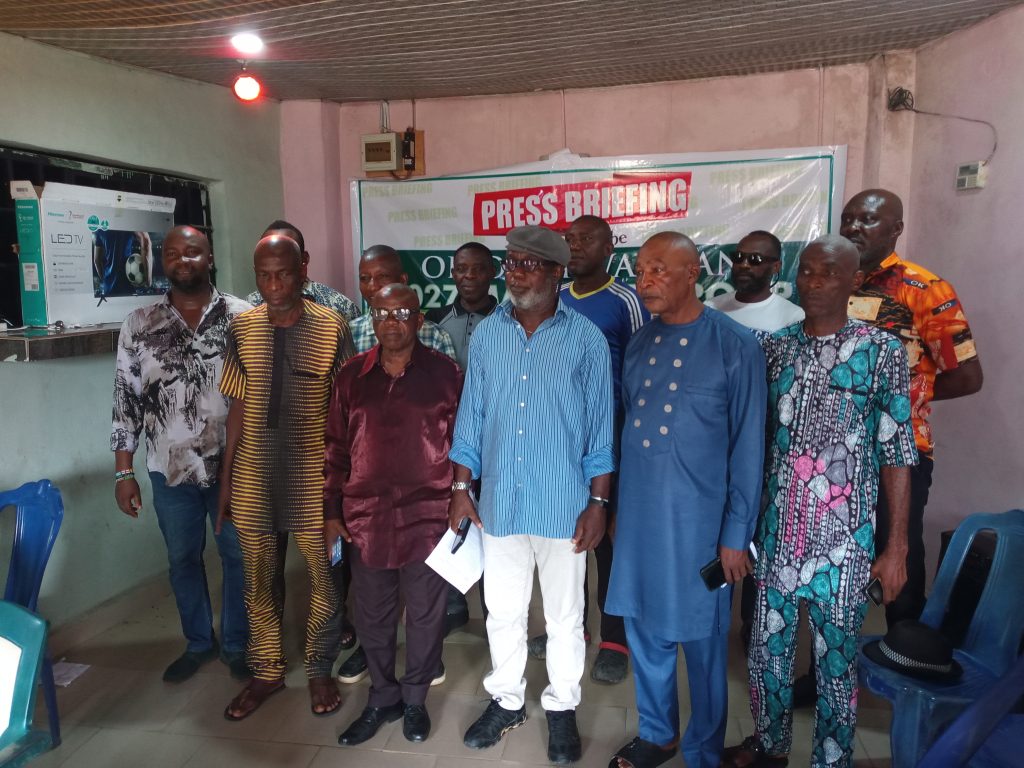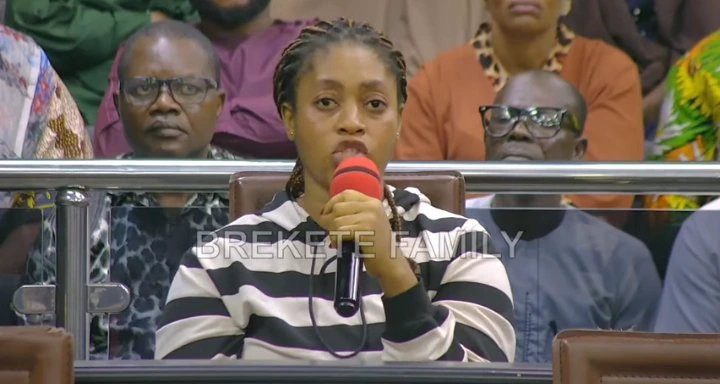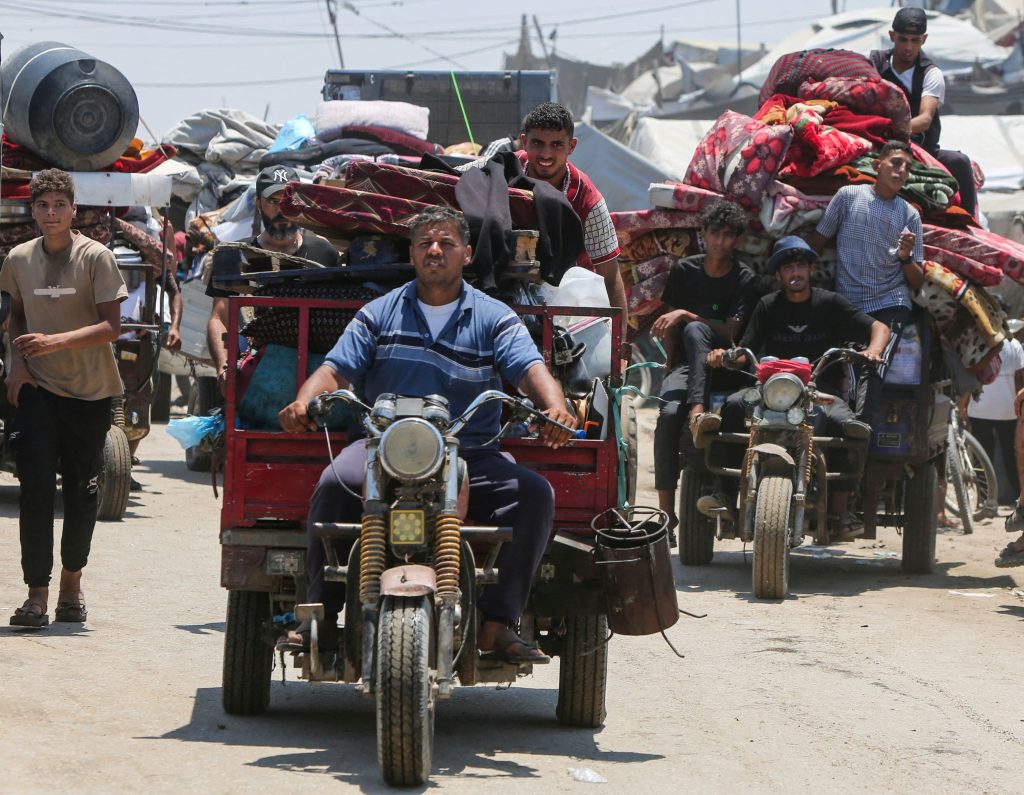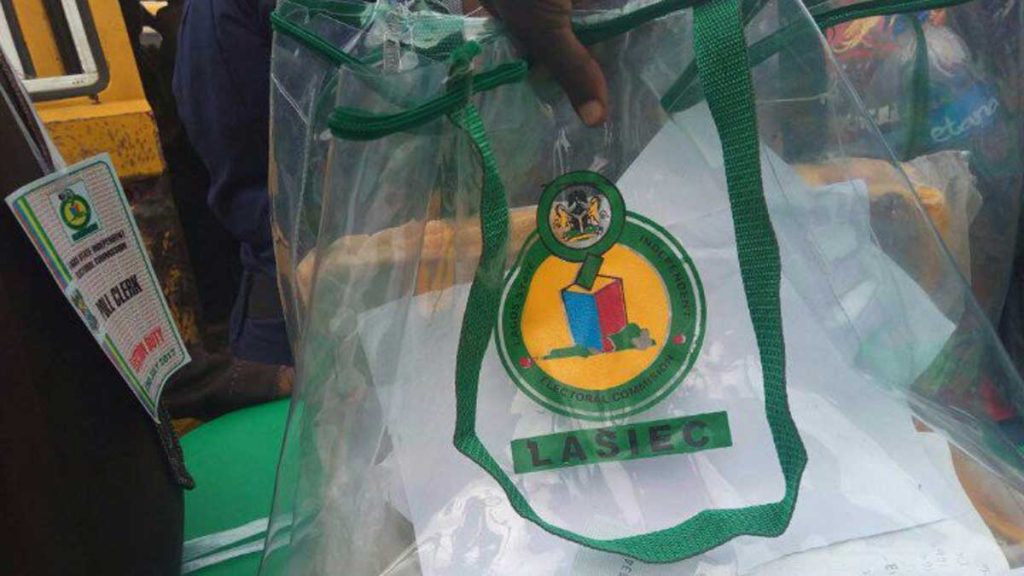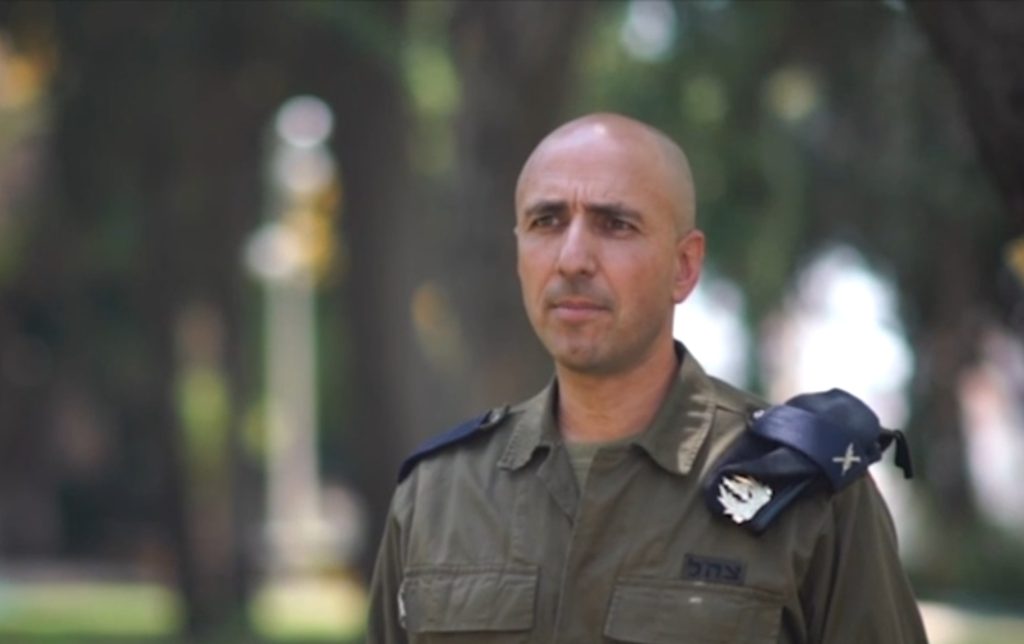Economy
NMDPRA: NNPC to sell crude oil to Dangote refinery in naira

Amidst the feud between NMDPRA and Dangote Petroleum Refinery, President Bola Tinubu on Monday, July 29, 2024, directed the Nigerian National Petroleum Company (NNPC) Limited to sell crude oil to Dangote Petroleum Refinery and other refineries in naira.
The Special Adviser on Information and Strategy, Mr. Bayo Onanuga, stated that the proposal was adopted by the Federal Executive Council (FEC).
Presently, Dangote Refinery needs 15 crude cargoes, costing $13.5 billion yearly and NNPC has pledged to supply 4.
FEC greenlit a landmark decision to offer 450,000 barrels of crude oil, initially designated for domestic consumption.
The Dangote Refinery will serve as the pilot for this transaction.
Meanwhile, the exchange rate for this deal will be fixed throughout its duration.
Afreximbank and settlement banks in Nigeria will streamline trade between Dangote and NNPC Limited.
This intervention will cut costs and eliminate international letters of credit.
It will save the country billions in import costs for refined fuels.
Dispute between Dangote, NMDPRA and NUPRC
Dangote Refinery and two Nigerian regulatory bodies disagreed before making the decision.
The Nigerian Midstream and Downstream Petroleum Regulatory Authority (NMDPRA) and Nigerian Upstream Petroleum Regulatory Commission (NUPRC).
On June 4, the founder of Dangote Group, Aliko Dangote, announced that some International Oil Companies were having trouble supplying crude oil to his refinery.
However, on July 15, Gbenga Komolafe, CEO of the Nigerian Upstream Petroleum Regulatory Commission (NUPRC), said Dangote’s claim was incorrect.
He explained that the Petroleum Industry Act (PIA) includes rules for transactions between buyers and sellers.
On July 17, Dangote Industries Limited (DIL) insisted that international oil companies were blocking its efforts to buy crude oil.
Farouk Ahmed, CEO of NMDPRA, on July 18, said that local refineries, including Dangote’s, produce lower-quality products compared to those imported into Nigeria
On July 20, Dangote refuted the claim by testing diesel from his refinery during a visit from federal lawmakers
The business tycoon called for an investigation into NMDPRA’s allegations.
On July 22, lawmakers began looking into Ahmed’s claim.
They also said they would investigate the claims that international oil companies are hindering the Dangote refinery’s operations
On the same day, Heineken Lokpobiri, Minister of State for Petroleum Resources, met with Dangote, Ahmed, Gbenga Komolafe, CEO of NUPRC, and Mele Kyari, CEO of NNPC, to work on resolving the dispute.
NMDPRA
The Nigerian Midstream and Downstream Petroleum Regulatory Authority (NMDPRA) regulates Nigeria’s midstream and downstream petroleum sectors.
This includes overseeing the refining, distribution, and marketing of petroleum products and natural gas.
The NMDPRA aims to create an enabling environment for sustainable development across these sectors, ensuring fair pricing, adequate supply, and effective distribution of petroleum products.
Responsibilities of NMDPRA
Regulation and Oversight: Ensuring compliance with laws and regulations governing the midstream and downstream petroleum sectors.
Licensing and Permits: Issuing licenses and permits for refining, transportation, distribution, and marketing of petroleum products.
Market Monitoring: Monitoring the petroleum market to ensure fair pricing, adequate supply, and effective distribution of petroleum products.
Consumer Protection: Safeguarding the interests of consumers by ensuring the availability of quality petroleum products at fair prices.
Environmental Protection: Enforcing ecological standards to minimize the impact of petroleum activities on the environment.
Infrastructure Development: Promoting the development and maintenance of infrastructure necessary for the efficient operation of the midstream and downstream sectors.
Stakeholder Engagement: Collaborating with stakeholders, including government agencies, industry players, and the public, to ensure the smooth functioning of the petroleum industry.
For Diaspora Digital Media Updates click on Whatsapp, or Telegram. For eyewitness accounts/ reports/ articles, write to: citizenreports@diasporadigitalmedia.com. Follow us on X (Fomerly Twitter) or Facebook





